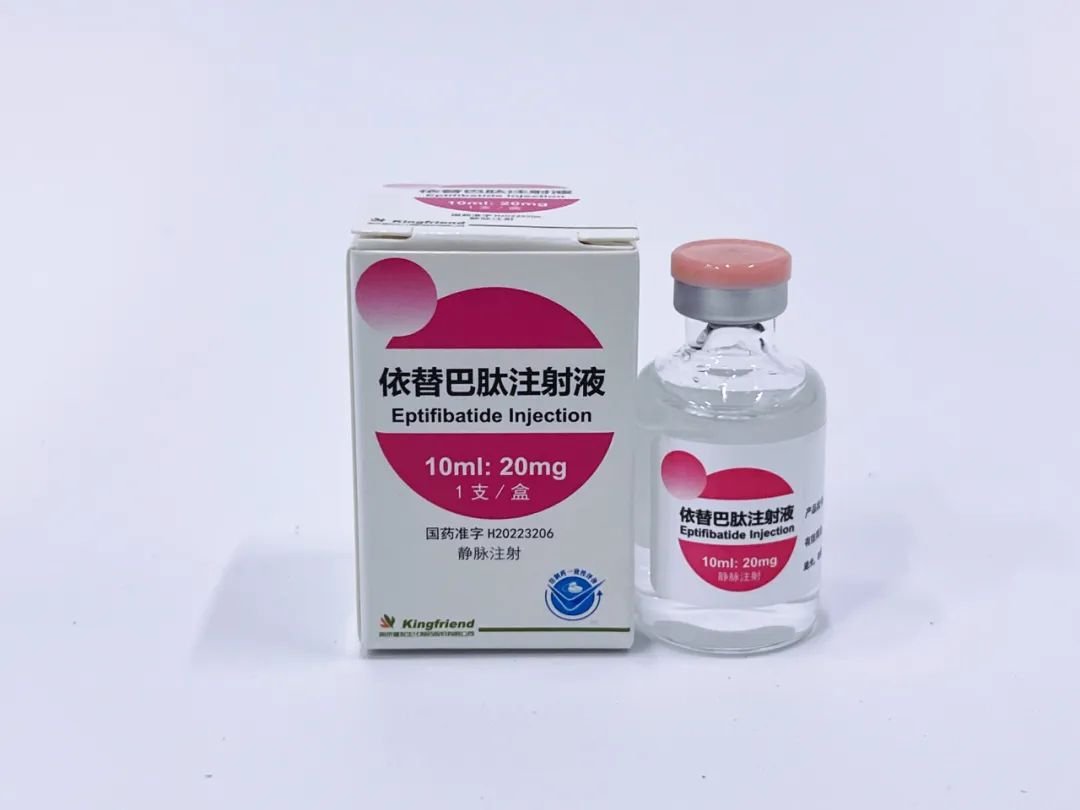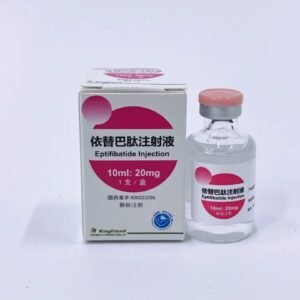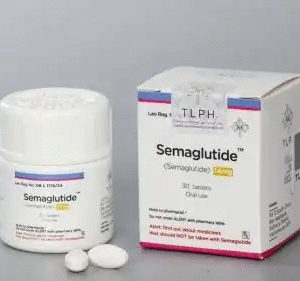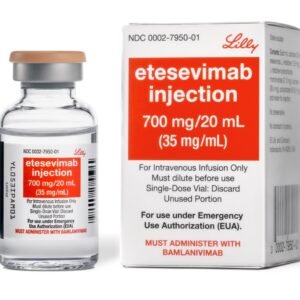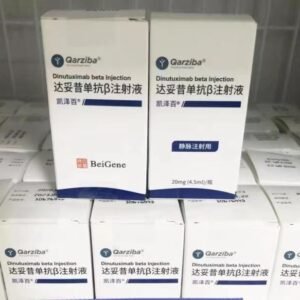Eptifibatide Injection
Indications
For the treatment of patients with acute coronary syndrome (unstable angina/non-ST-segment elevation myocardial infarction), including patients about to receive medical treatment and patients undergoing percutaneous coronary intervention (PCI). Patients undergoing PCI, including those undergoing coronary stenting.
Dosage and Administration
The safety and efficacy of eptifibatide have been established in clinical studies in combination with heparin and aspirin. Different dosing regimens have been used for eptifibatide in clinical studies. 1. Acute coronary syndrome For patients with acute coronary syndrome and normal renal function, the recommended adult dose of this product is: 180 μg/kg intravenous push as soon as possible after diagnosis, followed by continuous intravenous infusion of 2.0 μg/kg/min for 72 hours, unless the patient is discharged from the hospital or coronary artery bypass graft surgery (CABG) is started. If a patient is about to undergo percutaneous coronary intervention (PCI) while receiving eptifibatide, the intravenous infusion should be continued until the patient is discharged from the hospital or until 18-24 hours after treatment, whichever occurs first, for a total of 96 hours of treatment. For patients with acute coronary syndrome and an estimated creatinine clearance (using the Cockroft-Gault formula) of 2.0 mg/dL, the recommended adult dose is: 180 μg/kg IV bolus as soon as possible after diagnosis, followed immediately by a continuous IV infusion of 1.0 μg/kg/min. 2. Percutaneous coronary intervention (PCI) For patients with normal renal function, the recommended adult dose of eptifibatide is 180 μg/kg IV bolus immediately before PCI, followed by a continuous infusion of 2.0 μg/kg/min, and a second bolus of 180 μg/kg given 10 minutes after the first bolus. Intravenous infusion should be continued until the patient is discharged from the hospital, or 18-24 hours after treatment, whichever occurs first. The recommended infusion time is at least 12 hours. For patients with an estimated creatinine clearance (using the Cockroft-Gault formula) of 2.0 mg/dL, the recommended adult dose is an intravenous bolus of 180 μg/kg immediately before PCI, followed by a continuous infusion of 1.0 μg/kg/min, and a second bolus of 180 μg/kg 10 minutes after the first bolus. For patients undergoing coronary artery bypass grafting, the infusion of eptifibatide should be stopped before surgery.
Adverse Reactions
Common clinical adverse reactions are bleeding, severe bleeding including intracranial hemorrhage and other bleeding events that cause hemoglobin to drop by more than 5 g/dL; minor bleeding includes spontaneous gross hematuria, hematemesis, other observable hemoglobin A drops by more than 3 g/dL, and other bleeding events with hemoglobin drops of more than 4 g/dL but less than 5 g/dL.
Most serious bleeding events occur at the site of vascular cannulation.
Patients with low body weight are at increased risk of bleeding.
Other adverse reactions include: intracranial hemorrhage and stroke, thrombocytopenia, allergic reactions, and hypotension.
Share:
Products
Our offers
Health Classification
Let us work together to protect precious health

